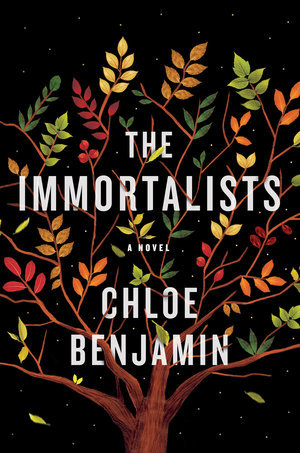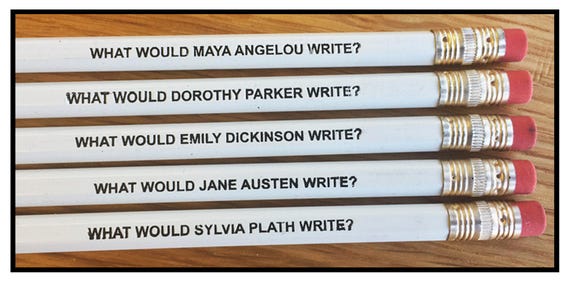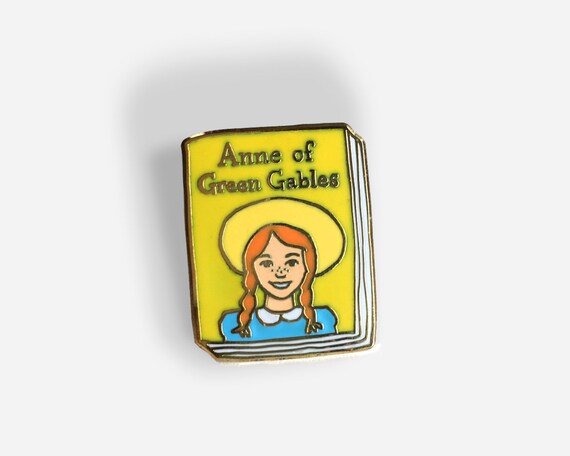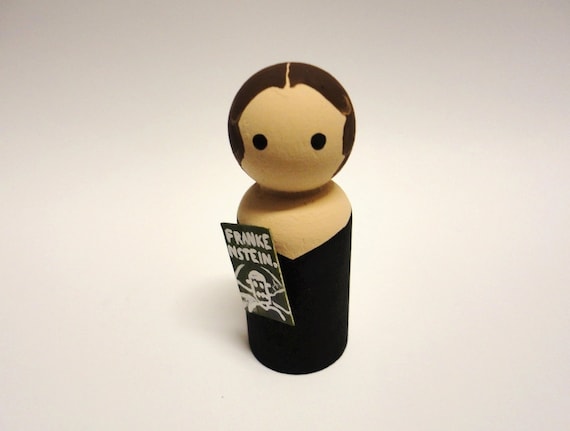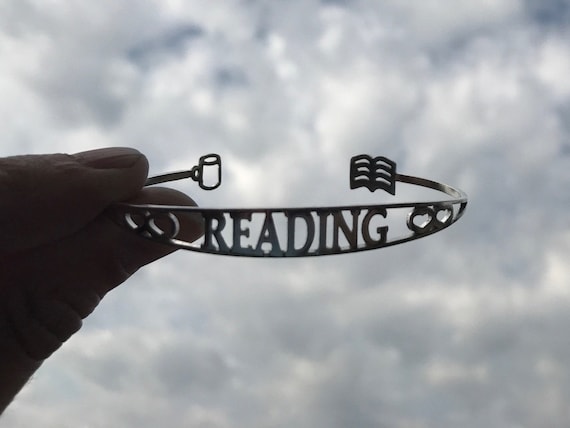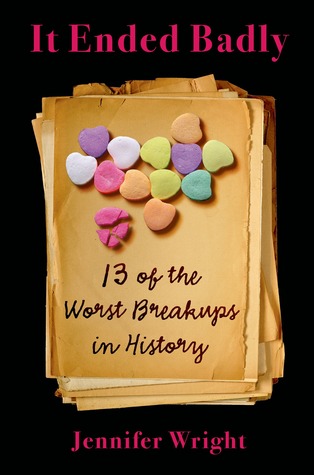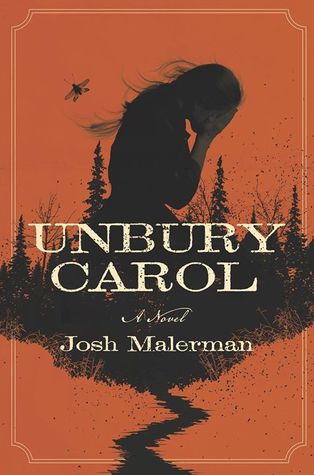The four Gold children live in New York City in the late 70s, and one day the sneak out to see a mysterious woman who apparently has astounding accuracy when it comes to the date that you will die. They each are told a date. They don't share their days with each other and then no one really talks about it for at least ten years. It seems like one of those kind of throw away moments in your childhood that happen and that you don't really think about again, but even if they are consciousness of it the date that the woman tells them informs their whole life.
There is Simon who finds himself in San Fransisco, Klara who dreams of being a magician and performer - taking after a never talked about kind of disgraced relative, Daniel seems to have his shit the most together (SEEMS) as a military doctor and Varya throws herself into science that studies how long humans can live.
They each have their own chapter, but even though it's their chapter you get little bits of their siblings stories told as well. Even though their stories are all very different there are common themes in all of them - the looming presence of their parents, responsibilities to each other, trying to figure out who and what they are - and the umbrella over everything the date that the woman in that apartment told them.
There were a lot of references to Wisconsin in the last chapter and I flipped to the back of the book jacket and it turns out that the author and I only live an hour and a handful of minutes away from each other. Always good to see a local girl make good!
As I said before, it was a slow start with this book for me. But I think that the format of the chopped of chapters mostly works. And I think that each of the siblings were intriguing in very different ways. (Except for Simon, he kind of has the saddest story but he also seems like the most selfish so....I don't know. I'm conflicted about Simon.) It was also a faster read, it moved at a pretty steady clip and the cover is even pretty and simple too!
